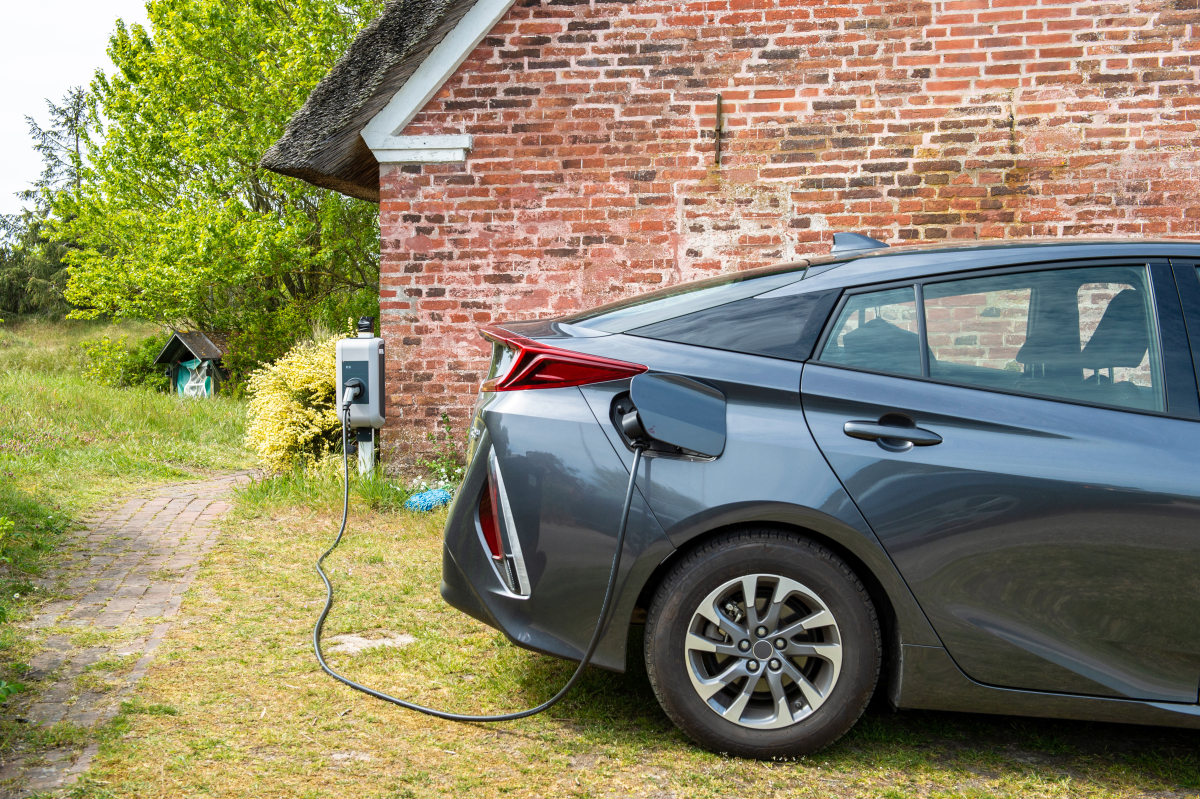Is Germany giving up on its charging infrastructure expansion targets?
A spokesman for the Ministry of Transport told Bloomberg: The goal of one million charging stations for electric cars is still the official agreement. Insiders would have Bloomberg however, reports that officials are talking about not pursuing it any further.
According to Bloomberg, there are around 85,000 public charging stations in Germany, and according to the map and navigation service Here Technologies there are 105,000 charging points. A fifth of these are fast charging stations. However, owners of electric cars mainly have charging options at home: for every public charging station there are ten private ones. The government did not expect this change. A survey by the lobby association BDEW, the Federal Association of Energy and Water Management, a hint already in 2019 shown: 65 percent stated that they would prefer to charge at home.
The goal of one million public charging stations would not correspond to technical developments and changing preferences. There is also a risk that the public charging stations that have been set up will not be used.
Stefan Gelbhaar, head and spokesman for the Mobility Working Group of the Greens, said: “It is important to check a goal over and over again, especially with regard to technical developments.”
The agreement of one million charging stations is enshrined in the governing coalition agreement and was reinforced with a “master plan” in October. Two people told Bloomberg that auto industry lobbying made it happen; they would benefit from a broad charging network.
Ryan Fisher, charging infrastructure analyst at BloombergNEF, Bloomberg’s research services arm, estimates it will need about 450,000 charging points by the end of the decade. A million is too much, but the proportion of fast charging stations is decisive for how many are needed in total.
Editorial recommendations
The target agreement is based on a Study (PDF) from 2020. Actors from politics and science, but also from the energy sector and the automotive industry were involved. In the end, the report provided four scenarios – only one of which required a million charging stations. Others indicated less need. The German car lobby VDA emphasized to Bloomberg that other interest groups were involved in calculating the number.
Kerstin Andreae is the managing director of the BDEW and worked on the study at the time. She said: “The target does not take into account the enormous developments on both the vehicle and the charging station side and is therefore technologically outdated.”
While the car lobby is accused of primarily wanting to push through their own interests, the German Association of the Automotive Industry (VDA) accuses the energy industry of only wanting to save. The BDEW points out that the European requirements from the regulation on the infrastructure for alternative fuels (Afir) are already being met in Germany.
Loud electric car news the VDA feels that the European requirements are too low, especially when it comes to Germany wanting to become a lead market for e-mobility. The expansion of the infrastructure does not keep up with the development and use of electric cars. According to a spokeswoman for the VDA, the goal of one million charging points “must be pursued with all our might”. Instead, they lag behind with the expansion. The energy suppliers would only try to save money when expanding the grid.
In the electric car industry, Tesla is not to be neglected – the Tesla Cybertruck is leaking, loud, difficult to control and it doesn’t brake properly either. If you want to watch it again:
Cybertruck: Tesla’s futuristic electric pickup in pictures



